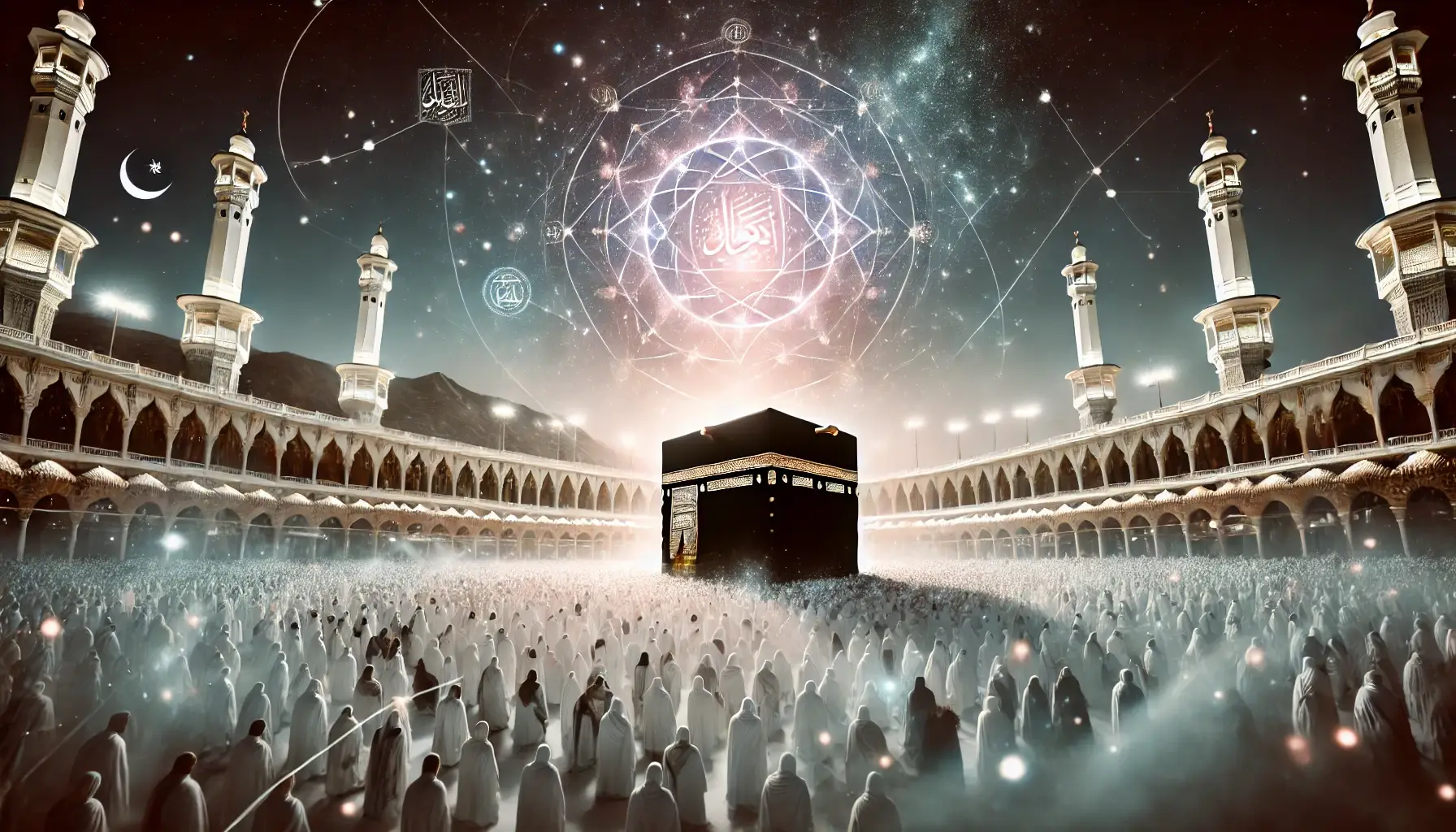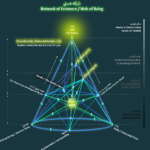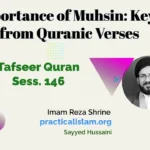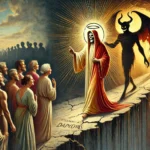A Look at the Philosophy and Secrets of Hajj

Question:
What are the philosophy and secrets of Hajj?
Brief Answer
Hajj is a comprehensive act of worship with multiple dimensions:
Moral Dimension:
- The rituals of Ihram strip pilgrims of material privileges and colorful clothes, detaching them from worldly pleasures. This immersion fosters light, purity, and spirituality.
Political Dimension:
- Hajj is a powerful tool for advancing Islamic political goals, uniting Muslims, and breaking down barriers such as racial and national prejudices.
Cultural Dimension:
- Hajj facilitates cultural exchange and the dissemination of ideas across the global Muslim community.
Economic Dimension:
- The Hajj gathering strengthens the economic foundation of Islamic nations by promoting trade among Muslims.
Detailed Answer
1. Moral Dimension of Hajj
Hajj is a transformative journey that brings profound moral and spiritual change.
- The rituals of Ihram remove material distinctions, such as luxurious clothing and adornments. By renouncing worldly pleasures, pilgrims focus on self-purification and spiritual connection with Allah.
- These rituals cleanse the soul, cutting ties with past sins and opening the door to a brighter, pure future.
- Every act in Hajj reminds pilgrims of the sacrifices of Prophet Ibrahim (AS), Hajar, and Ismail, as well as the struggles of the Prophet Muhammad (PBUH) and early Muslims.
- This creates a moral revolution, inspiring a new beginning. Traditions state:
“Anyone who performs Hajj completely emerges from their sins as pure as the day they were born.” (1)
2. Political Dimension of Hajj
Hajj uniquely integrates worship with politics, making it a potent force for Islamic unity and liberation:
- It unites Muslims beyond national and racial boundaries.
- It serves as a platform for spreading political awareness and news among the Muslim Ummah.
- Hajj provides an opportunity to resist oppression and challenge tyrannical regimes that exploit Muslims.
Imam Ali (AS) emphasized this by saying:
“Hajj strengthens the religion of Islam.” (2)
A foreign politician once remarked:
“Woe to the Muslims if they do not understand the meaning of Hajj, and woe to their enemies if they do.”
3. Cultural Dimension of Hajj
Hajj serves as a hub for cultural exchange:
- Pilgrims from diverse ethnicities, languages, and backgrounds gather, exchanging knowledge and ideas.
- The traditions highlight this as one of Hajj’s benefits, stating that it spreads the teachings of Islam across the world.
- Imam Sadiq (AS) explained:
“Hajj allows Muslims to know one another, exchange goods, and share knowledge about the Prophet’s teachings so they are not forgotten.” (3)
4. Economic Dimension of Hajj
Hajj supports the economic stability of the Islamic community:
- Trade during Hajj, far from being materialistic, is an act of worship that strengthens the Islamic economy.
- Imam Sadiq (AS) explained the verse:
“It is no sin for you to seek sustenance from your Lord during Hajj” (5)
This demonstrates that conducting trade during Hajj is both permissible and rewarded.
Key Rituals and Their Symbolism
- Sacrifice in Mina: Symbolizes complete devotion to Allah, inspired by Prophet Ibrahim’s (AS) willingness to sacrifice his beloved son, Ismail.
- Stoning the Jamarat: Reflects resisting satanic temptations, as Ibrahim (AS) repelled Satan’s whispers.
- Sa’i (Running between Safa and Marwa): Reminds pilgrims of Hajar’s perseverance in seeking water for Ismail, symbolizing hope and effort in reliance on Allah.
Conclusion
Hajj is not merely a ritual but a transformative journey encompassing moral, political, cultural, and economic dimensions. It strengthens faith, unifies Muslims, facilitates cultural understanding, and boosts the Islamic economy. As Imam Ali (AS) warned:
“Do not abandon the Kaaba, for if it is neglected, you will perish.” (10)
Hajj is a divine gift that, if properly utilized, addresses the social, political, and economic needs of the Muslim Ummah while fostering deep personal growth and spiritual renewal.







